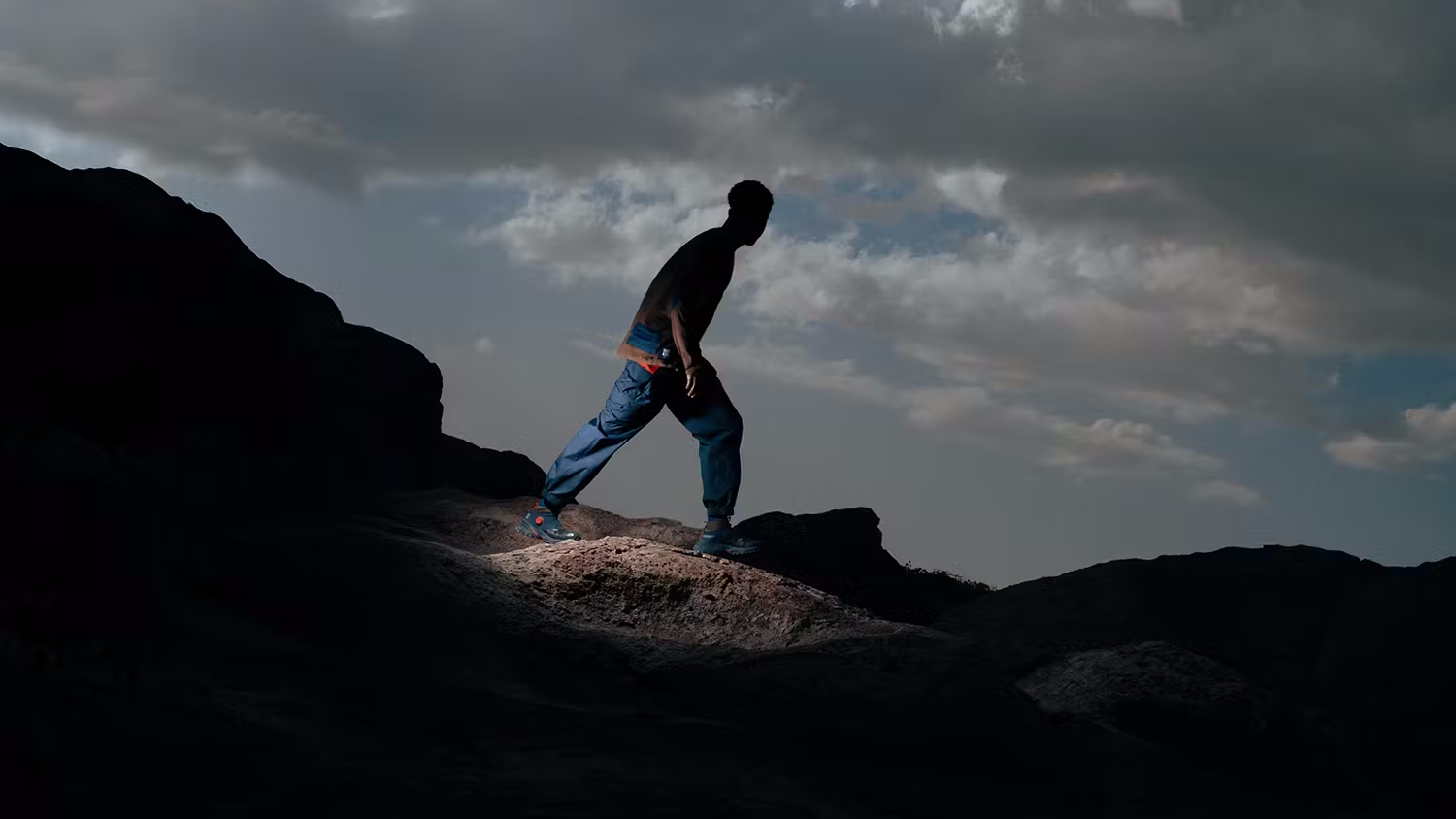How to sleep well before a race: 7 expert tips for a good night's rest
A good night's sleep isn't always guaranteed when pre-race nerves take ahold, but there are a few sleep strategies that can help you drift off
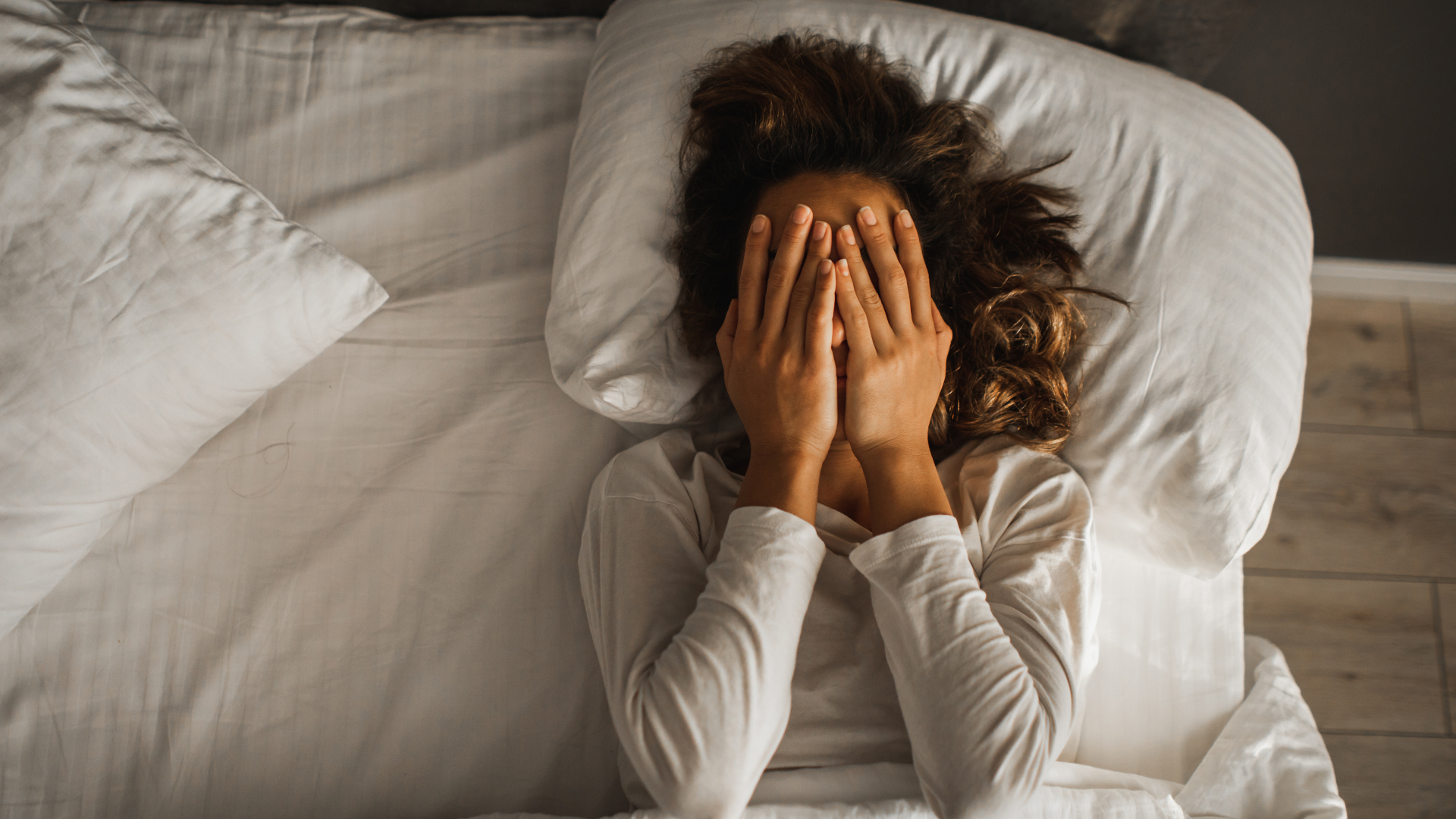
Whether you're new to racing or a seasoned pro, I can safely bet that you've slept badly before a race at least once. Pre-race nerves affect us all, and one of the most common manifestations is the inability to sleep the night before you compete, something that's especially frustrating knowing just how important sleep is for our performance.
Performance anxiety and heightened stress before the big day is normal, but trying to sleep when you're anxious can be far more difficult than any training plan. It goes against everything our body tells us; when your fight or flight mode is triggered, your brain tells your body not to relax.
Fortunately, though, you can implement some helpful strategies in the run-up to your race to help you get better sleep the night before and feel rested enough to take on the challenge – many of them are even used by elite athletes and Olympians. Here, experts share their best tips on how to improve sleep when those pre-race jitters take ahold.
1. Adjust your bedtime in the run up to race day

Sleep and exercise go hand-in-hand, but to boost your chances of good sleep the night before a race, it's better to look at the bigger picture than rely on short-term "sticking plaster" solutions. For example, adjusting your sleep routine in the weeks running up to your race is the best way to ensure you drift off easily the night before.
"Gradually adjusting your bedtime can help your body get into a rhythm," explains Dr. Shelby Harris, Director of Sleep Health at Sleepopolis. "It’s all about consistency – keeping a regular sleep schedule in the week leading up to the race will be helpful."
Many experts even claim that the night's rest before a race has little bearing on your performance the next day. Professional sports sleep coach Nick Littlehales, author of Sleep (on Amazon), recommends the R90 technique which looks at sleep through a lens of 90-minute cycles over the course of a week, rather than hours per night, taking the pressure off sleep the night before race day.
"Think of it like nutrition; it's the long game that is more important," says neurologist and sleep specialist Chris Winter, author of The Sleep Solution (available at Amazon). "Whether or not you had a good serving of vegetables the night before the race means little."
Advnture Newsletter
All the latest inspiration, tips and guides to help you plan your next Advnture!
2. Adopt good sleep hygiene
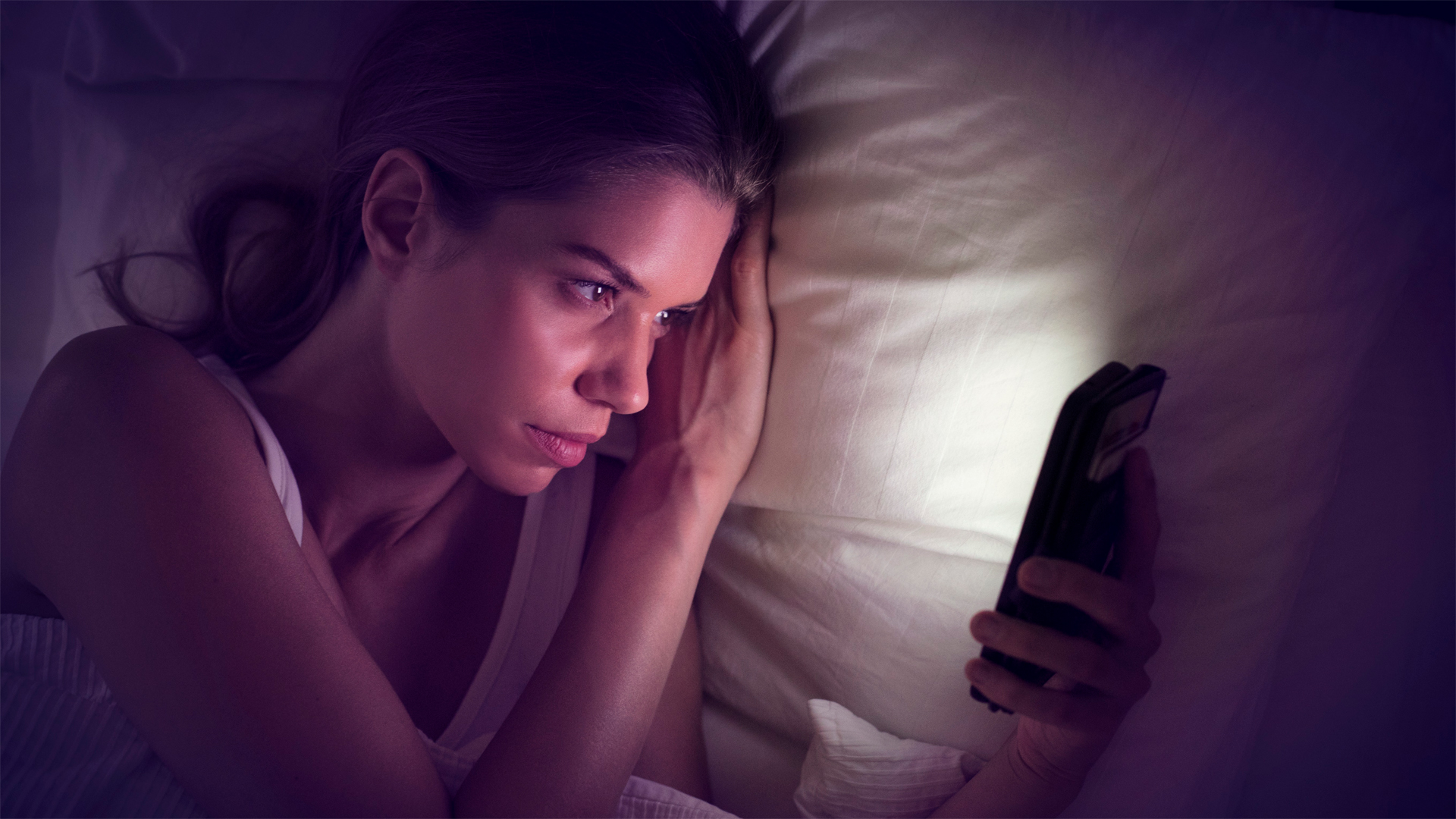
It goes without saying, but paying attention to general sleep hygiene is crucial the night before a competition and will be the simplest way to prepare for your first race. Think of these as your shorter-term solutions that produce a better sleep environment.
"Avoid screen time at least 90 minutes before shut-eye, dim the lights as soon as possible in the evening, and cool the room," recommends Zandy Mangold, running coach at Trails & Roots. "You can level up by wearing an eye mask, earplugs, or by taking a natural sleep aid like a CBD supplement or sipping an herbal tea."
3. Avoid big meals before bed

Fuelling up before a race is undeniably important, but besides knowing what to eat before running, you should also pay attention to when you eat. Many runners fall into the trap of overloading on carbs with their evening meal to make sure they have plenty of energy, but this mistake can really hinder sleep.
"If you’ve had a meal that's bigger than normal or drank more fluid than you usually would in an evening, you’re not going to sleep as well because your body's digesting the food or you're up to the toilet through the night," says Andy Brooks, Head Coach at Peak Running. "Don’t eat anything you’re not used to either, and have your meal relatively early so that your food's mostly digested before you go to bed."
4. Get plenty of morning light
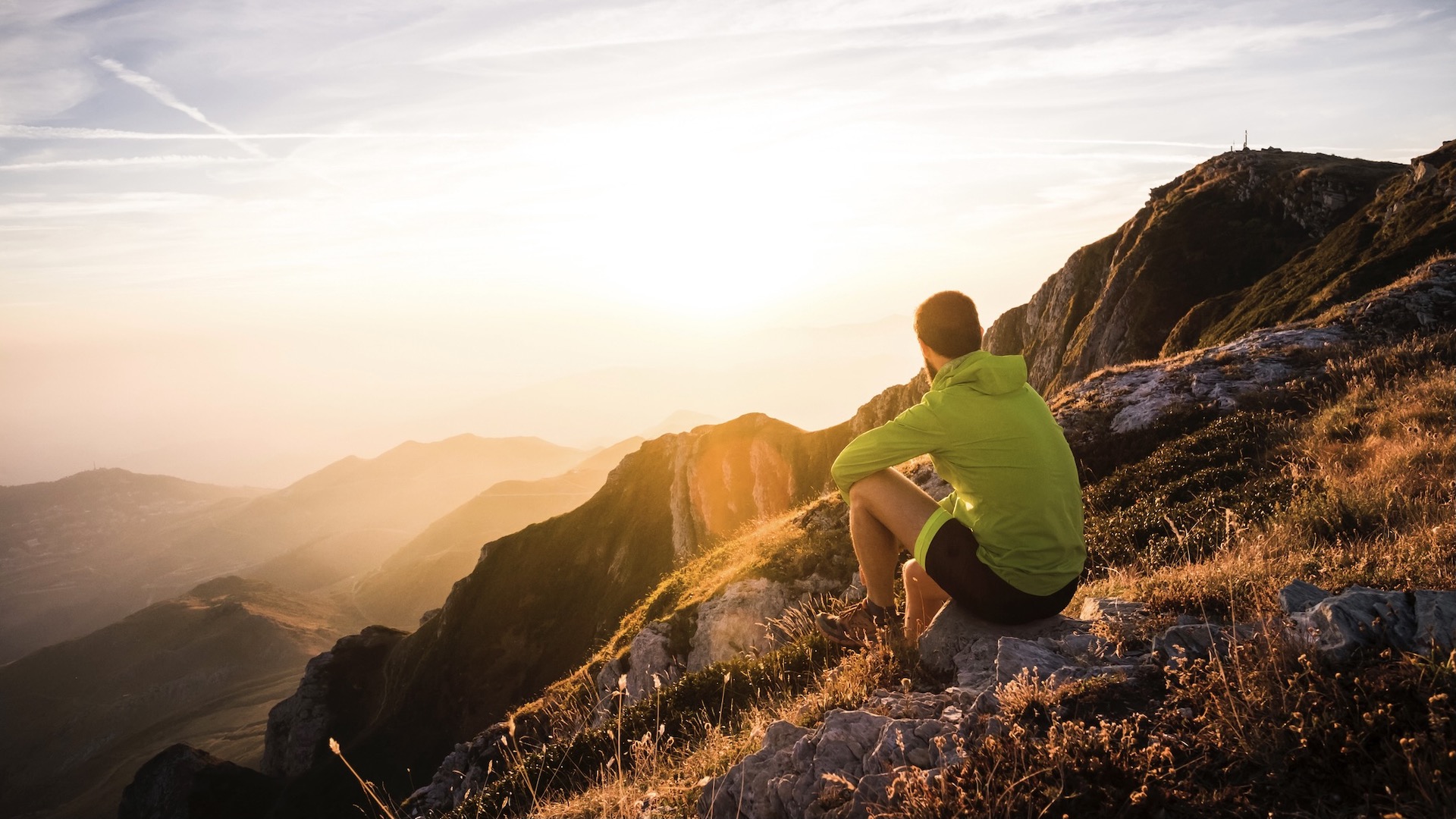
A good night's rest starts when you wake up. That's because the habits you perform in the first few hours of the day can hugely affect your sleep, one of the being receiving morning sunlight, which is crucial to your health.
"Expose yourself to blue light – or daylight – at least to the levels of 10,000 lux within the first 90-minute cycle of your day," says Nick. "This stimulates the hormone serotonin and other mood-boosting chemicals."
Natural light will also help to regulate your circadian rhythm and trigger the production of melatonin throughout the latter part of the day, helping you to feel more tired by the evening.
5. Pack your race essentials before bed
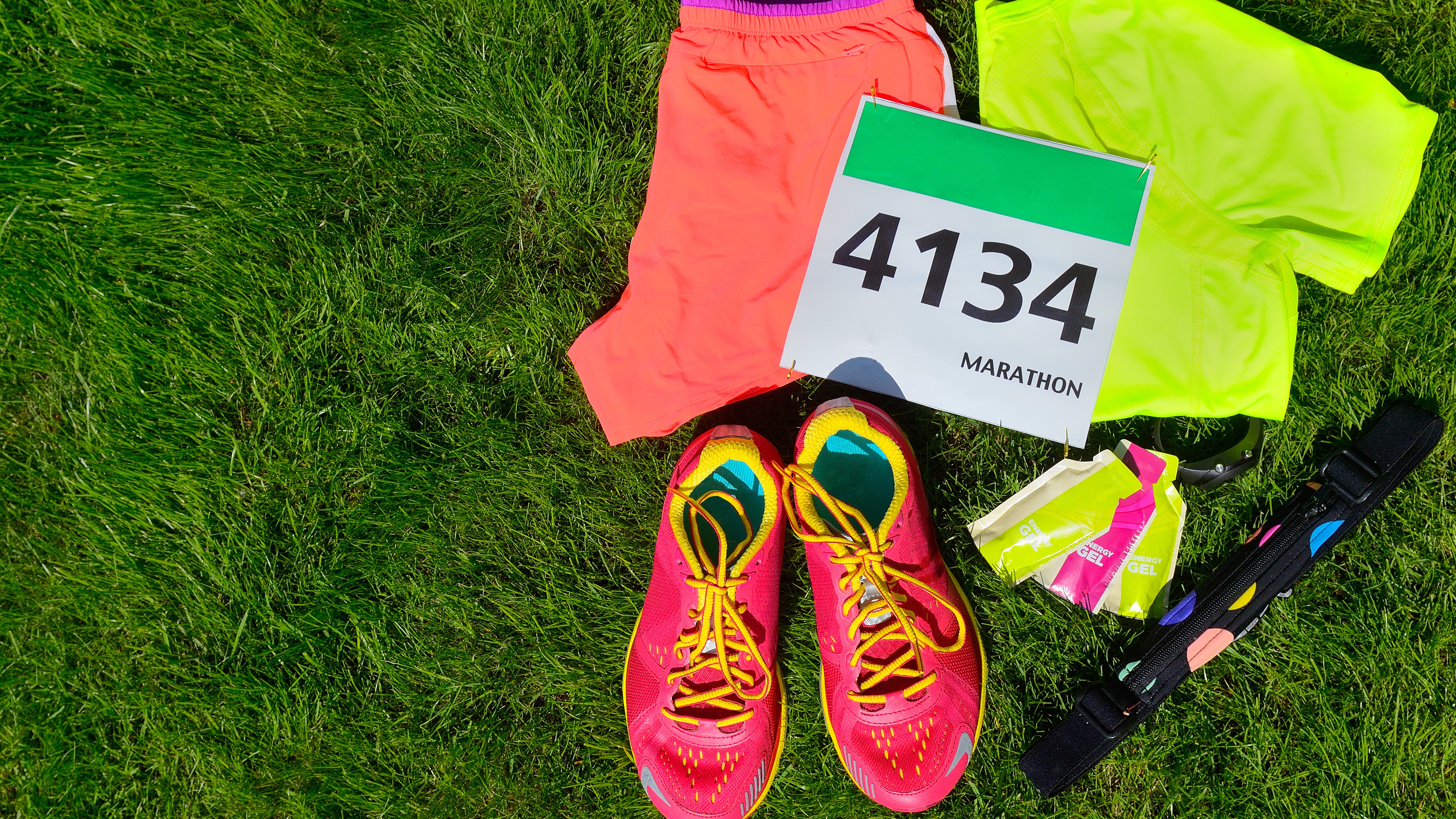
One tip everyone should add to their list of race day hacks to guarantee better sleep is pre-planning your arrangements, rather than leaving them until the last minute. The simple act of preparing your kit and any travel plans before you hit the hay will streamline your morning and minimize those stressful thoughts when your head hits the pillow.
Organizing your essentials is so easy but so effective when it comes to a good night's rest, especially if you're the type of person who finds it hard to get to sleep. The simple ritual of laying out your kit, race number, and your bag will give you instant peace of mind. "You want to be able to get up and go rather than worry about where your favorite pair of socks are," says Andy.
6. Avoid long runs the day before a race

Ever found that you can't sleep after a long run? It's a common problem for many runners, so don't put yourself at risk before race day by heading out on a long trail run the day prior.
This isn't to say you can't train at all, but it's best to avoid anything too intensive. "Some people find that a light jog helps get the legs moving and ease pre-race nerves, so that can be helpful depending on your routine," says Dr Shelby. Since you will have finished tapering your run or gym session can be short and sweet, plus they're best done in the morning, rather than later in the day.
7. Try sleep aids or supplements if necessary
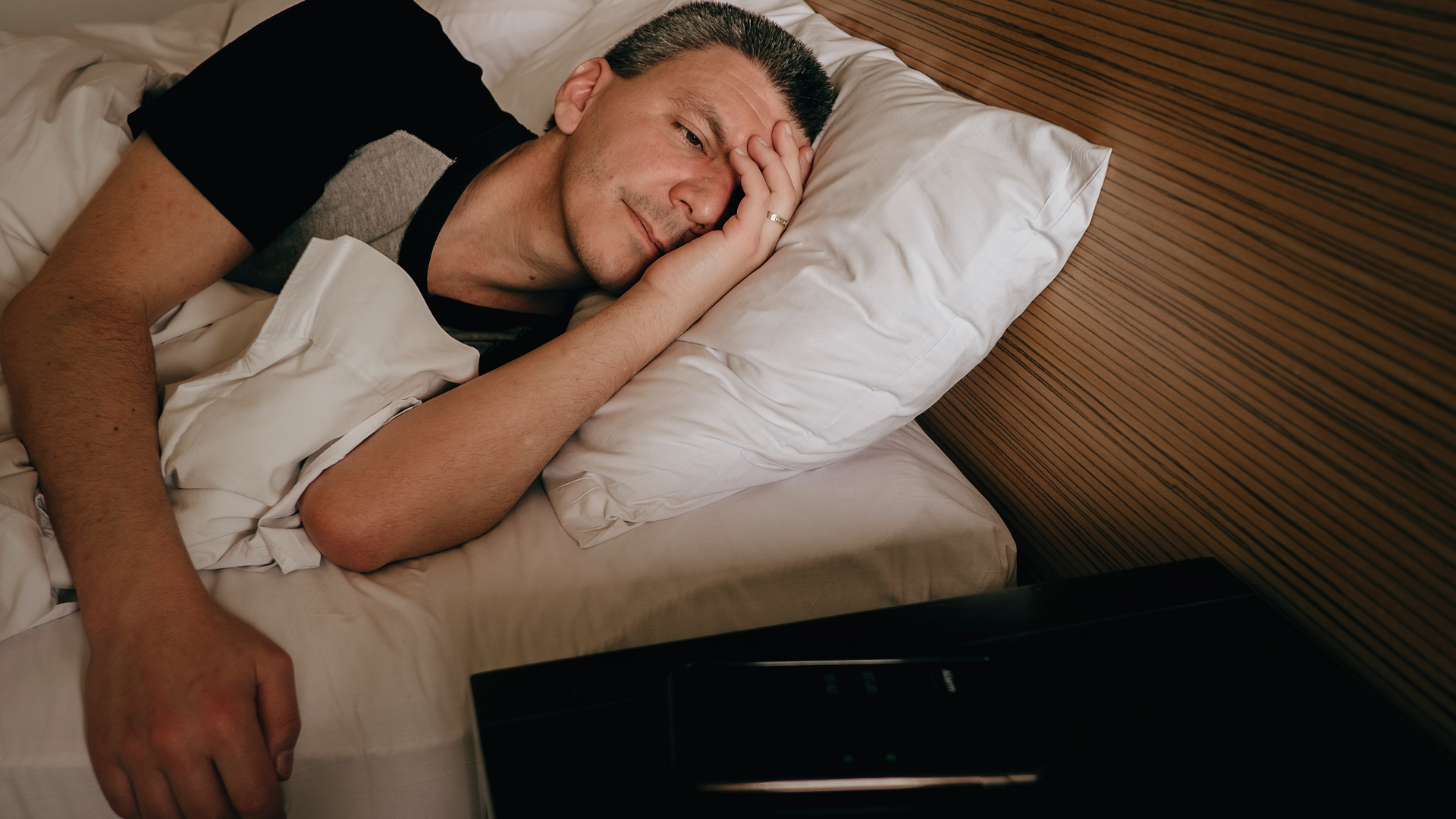
There are so many natural methods to improve your chances of good sleep, but if you feel like you're fighting a losing battle, you might want to consider sleep aids or supplements.
Melatonin – a hormone your brain naturally produces in response to darkness – is often advised by medical professionals, but it's only available with a prescription in certain countries. "I generally recommend trying it only if you really need it," says Dr Shelby. "If you choose to take it, don't do so for the first time the night before the race, and avoid exceeding 3mg."
Other sleeping pills can be used to treat chronic insomnia, or you can try natural sleep aids like valerian root, CBD, or magnesium instead. Generally, though, adopting some positive habits and a good sleep routine is enough to ensure you sleep soundly and wake-up fresh faced before that all-important race.
Lilith is a freelance writer and trail runner based in the Derbyshire Dales. Living on the doorstep of Dovedale, she loves nothing more than heading out into the peaks to explore a new hill route. Besides running, she's also a keen hiker. Having finished the three peaks alongside her Dad, the pair are now turning their attention to the Lake District's Wainwrights and Scotland's Munros for 2025. At weekends, you'll likely find her running a fell race or scrambling up one of Derbyshire's limestone hills.

